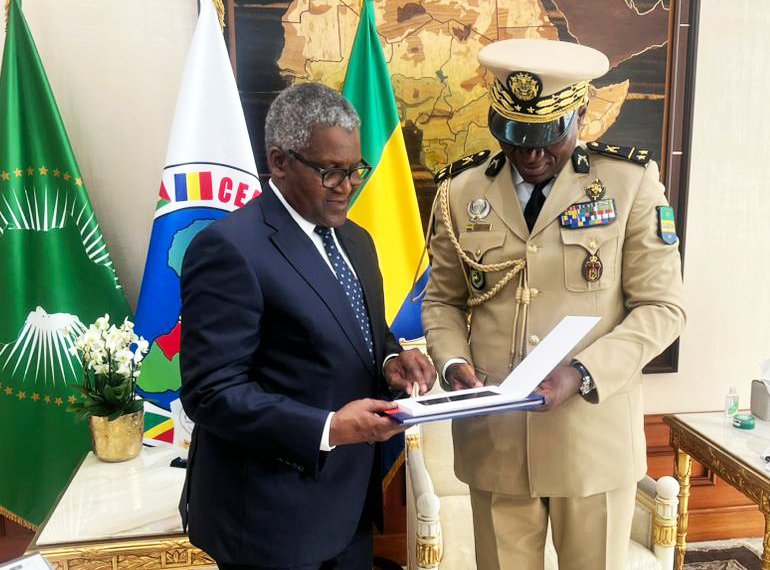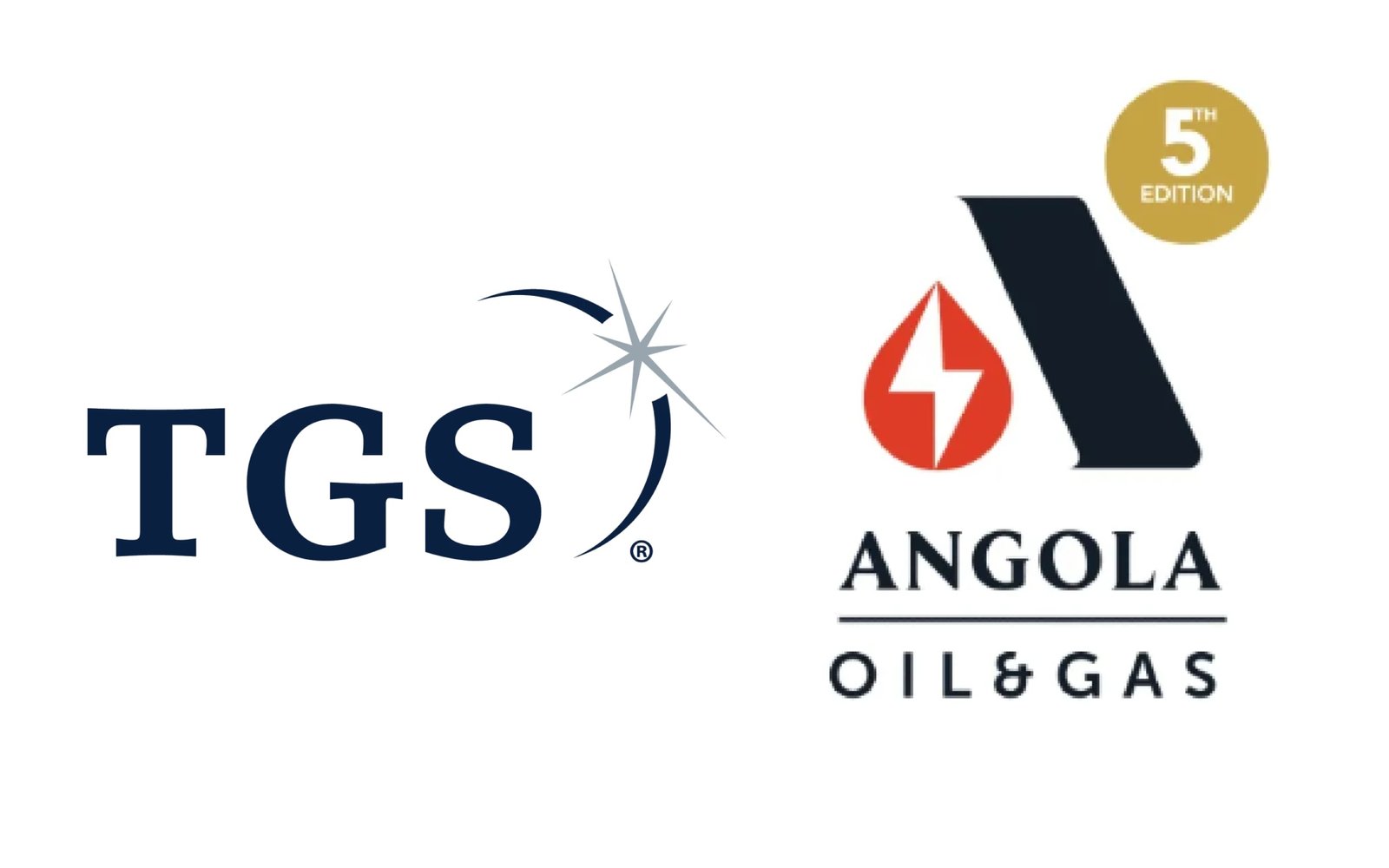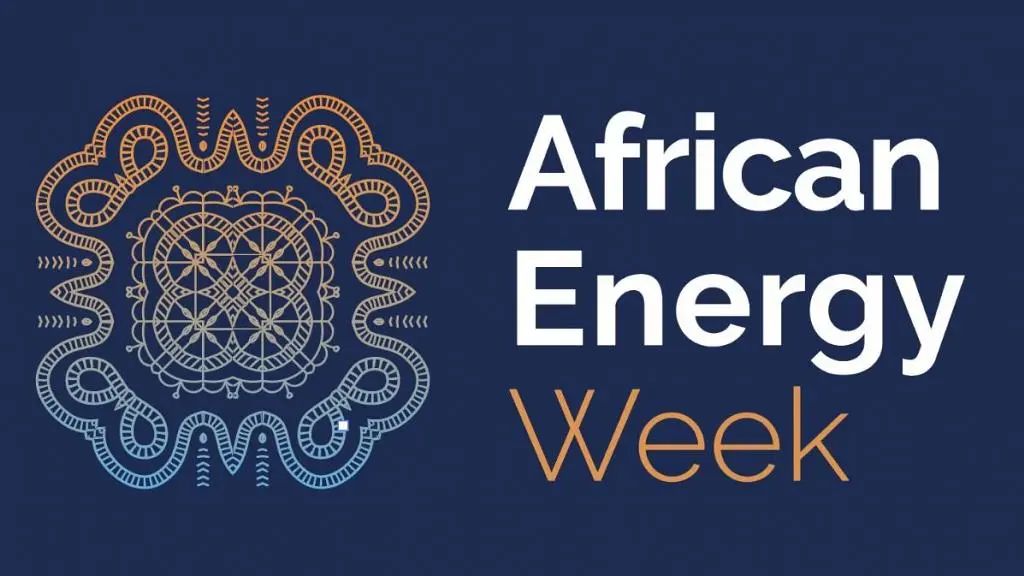By Alison Godswill
At last, the oil price has risen to $60 per barrel in the international market as the Organisation of Petroleum Exporting Countries, OPEC continues on its oil deal.
Specifically, the price of Brent, usually used to benchmark other oil prices rose from $59 to the current price on February 8, 2021.
Other crudes, including OPEC Basket, West Texas Intermediate, WTI, and the Urals also witness a steady rise in their prices to $57.52, $57.60, and $42.22 per barrel respectively.
The Daily, www.thedaily-ng.com, had reported that the price of Nigeria’s Bonny Light has risen to $58.93 per barrel in the international oil market, thus increasing hope for the execution of the nation’s 2021 budget.
The budget was benchmarked on $40 per barrel, and 1.8 million barrels per day, mb/d.
OPEC had stated: “Kazakhstan continues to demonstrate its full support for the decisions taken at OPEC and non-OPEC Ministerial Meetings (ONOMM), most recently the 13th ONOMM on 4/5 January 2021.
“Over past months, Kazakhstan has taken steps to not only realize full conformity to its production adjustment but also to compensate for overproduced volumes. Its commitment to this process will continue in the coming months, as all Participating Countries in the Declaration of Cooperation (DoC) strive for a balanced market and much needed sustainable stability.
“Kazakhstan offers its continued full support to the DoC, will take further steps to compensate for overproduced volumes, and underlines the importance of fairness and equitability in the DoC.”
It also stated: “Iraq reiterates its commitment to adhering to full conformity and compensating for overproduced volumes in accordance with decisions taken at OPEC and non-OPEC Ministerial Meetings (ONOMM), most recently the 13th ONOMM on 4/5 January 2021.
Iraq remains resolute in the core Declaration of Cooperation (DoC) objectives of rebalancing the market and achieving much needed sustainable stability.”
It added: “The attainment of 100% conformity from all Participating Countries, and compensating for overproduced volumes, is both fair and equitable to all participating countries in the DoC.”








